It’s a given in the business world that whenever you need to communicate to a group you need a slide deck. Yet we vigorously agree that most pitches are miserably bad, for all the usual reasons. All about the presenter’s product, not audience needs. A firehose of technical detail designed to drown any possible objection. A script … Read More
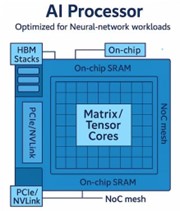 Hardware is the Center of the Universe (Again)The 40-Year Evolution of Hardware-Assisted Verification — From…Read More
Hardware is the Center of the Universe (Again)The 40-Year Evolution of Hardware-Assisted Verification — From…Read More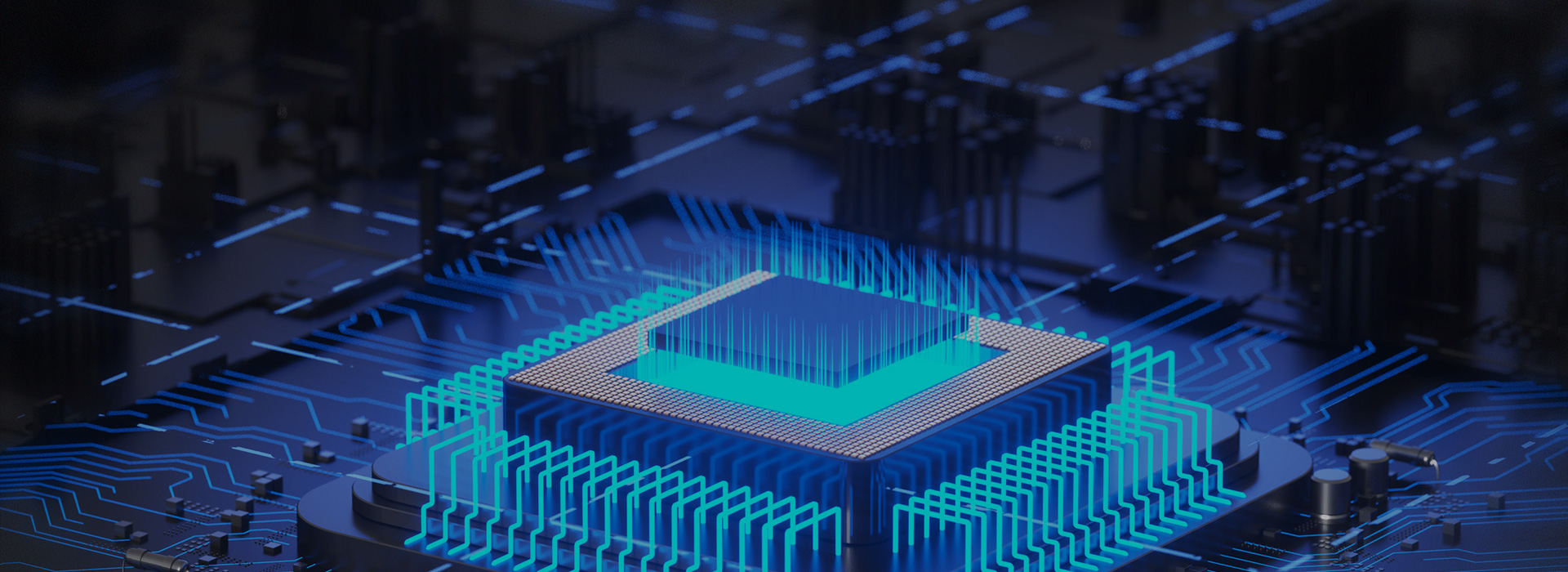 Smarter ECOs: Inside Easy-Logic’s ASIC Optimization EngineEasy-Logic Technology Ltd. is a specialized Electronic Design…Read More
Smarter ECOs: Inside Easy-Logic’s ASIC Optimization EngineEasy-Logic Technology Ltd. is a specialized Electronic Design…Read More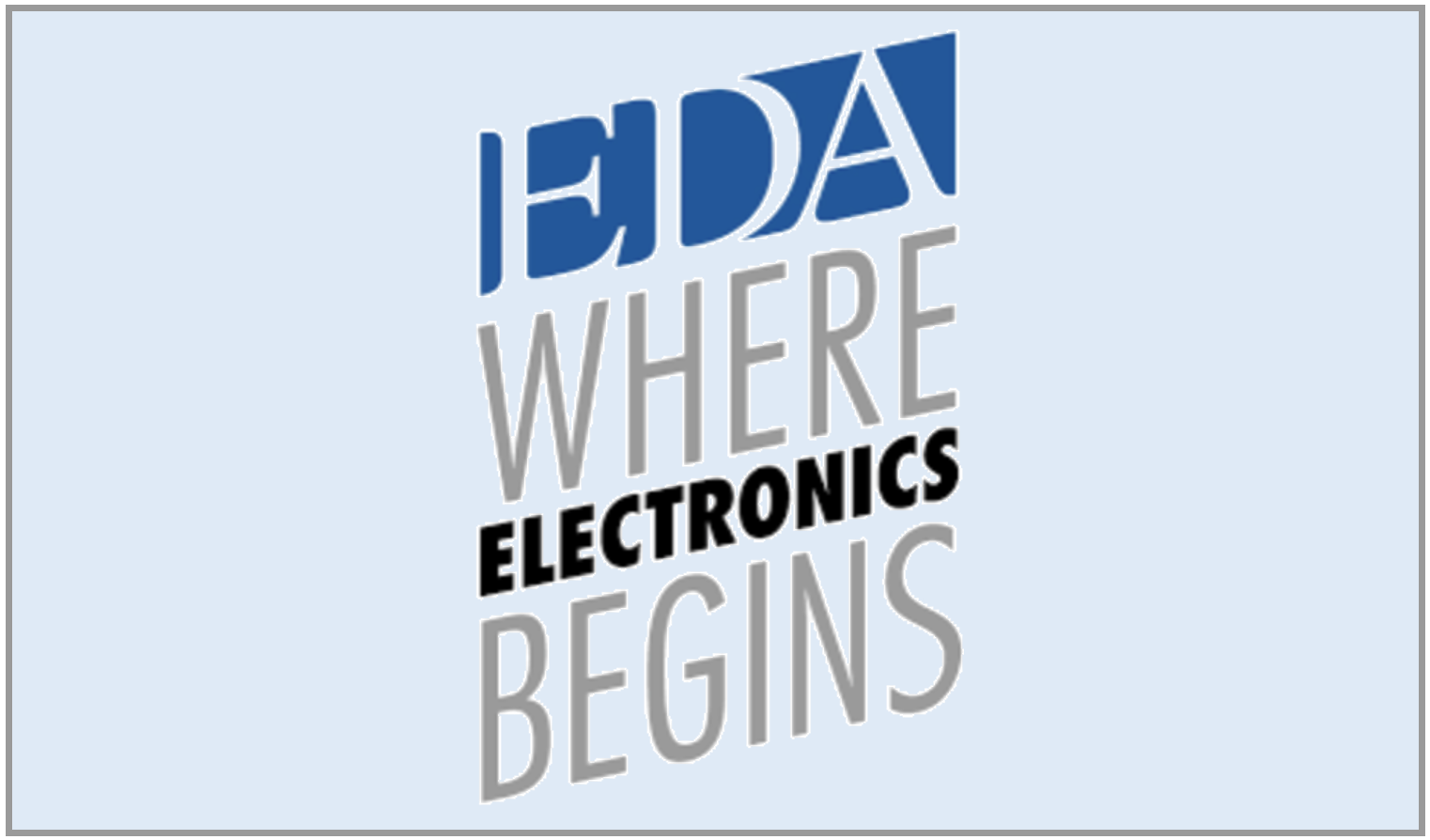 The Name Changes but the Vision Remains the Same – ESD Alliance Through the YearsThe Electronic System Design Alliance (ESDA) has been…Read More
The Name Changes but the Vision Remains the Same – ESD Alliance Through the YearsThe Electronic System Design Alliance (ESDA) has been…Read More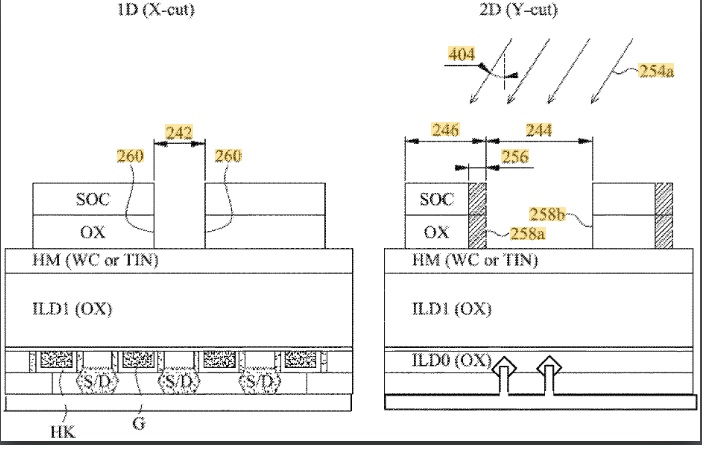 TSMC Process Simplification for Advanced NodesIn the modern world, the semiconductor industry stands…Read More
TSMC Process Simplification for Advanced NodesIn the modern world, the semiconductor industry stands…Read More CEO Interview with Juniyali Nauriyal of PhotonectJuniyali Nauriyal is the CEO and Co-Founder of…Read More
CEO Interview with Juniyali Nauriyal of PhotonectJuniyali Nauriyal is the CEO and Co-Founder of…Read MoreExamining a technology sample kit: IBM components from 1948 to 1986
I recently received a vintage display box used by IBM to illustrate the progress of computer technology. This display case, created by IBM Germany1 in 1986 included technologies ranging from vacuum tubes and magnetic core memory to IBM’s latest (at the time) memory chips and processor modules. In this blog post, I describe… Read More
How Airshield Can Save Transportation
The COVID-19 pandemic has devastated public transportation of every variety from buses and taxis to airplanes and trains. The combination of remote work and evolving economic shutdowns impacting restaurants, entertainment venues, schools, and tourism have sapped transportation demand while mitigation measures have reduced… Read More
Podcast EP5: Verification, Evolution and Revolution
Dan and Mike are joined by Dr. Bernard Murphy. Bernard has recently published a book on entrepreneurship and the importance of storytelling. In this podcast, Bernard talks about his journey from a PhD in Nuclear Physics at Oxford University to a storied career in EDA and verification. Bernard discusses a fundamental shift in… Read More
CEO Interview: Tuomas Hollman of Minima Processor
Tuomas is an experienced senior executive, with proficiency that ranges from strategy to product development and business management. He began his semiconductor industry career at Texas Instruments, serving for 15 years in increasingly important roles, including general management and profit and loss responsibility for… Read More
A Brief History of Perforce
In 2020 Perforce acquired Methodics, a provider of IP Lifecycle Management (IPLM) tools, and Daniel Nenni blogged about that in July 2020, but a lot has happened since Perforce was founded in 1995. In the beginning Christopher Seiwald founded Perforce in his Alameda basement based on his background as a software developer, and… Read More
Probing UPF Dynamic Objects
UPF was created to go beyond what HDL can do for managing on-chip power. HDLs are agnostic when it comes to dealing with supply & ground connections, power domains, level shifters, retention and other power management related elements of SoCs. UPF fills the breach allowing designers to specify in detail what parts of the design… Read More
Register Automation for a DDR PHY Design
Several months ago, I interviewed Anupam Bakshi, the CEO and founder of Agnisys. I wanted to learn more about the company, so I listened to a webinar that covered their latest products and how they fit together into an automated flow. I posted my thoughts and then I became curious about their customers, so I asked Anupam to arrange … Read More
Change Management for Functional Safety
By now we’re pretty familiar with the requirements ISO 26262 places on development for automotive safety. The process, procedures and metrics you will apply to meet various automotive safety integrity levels (ASIL). You need to train organizations. In fact you should establish a safety culture across the whole company or line… Read More
System-level Electromagnetic Coupling Analysis is now possible, and necessary
With the increasing density of electronics in product enclosures, combined with a broad range of operating frequencies, designers must be cognizant of the issues associated with the radiation and coupling of electromagnetic energy. The interference between different elements of the design may result in coupling noise-induced… Read More


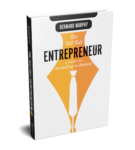
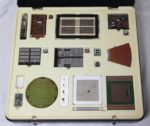






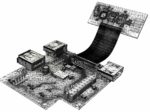
CEO Interview with Aftkhar Aslam of yieldWerx